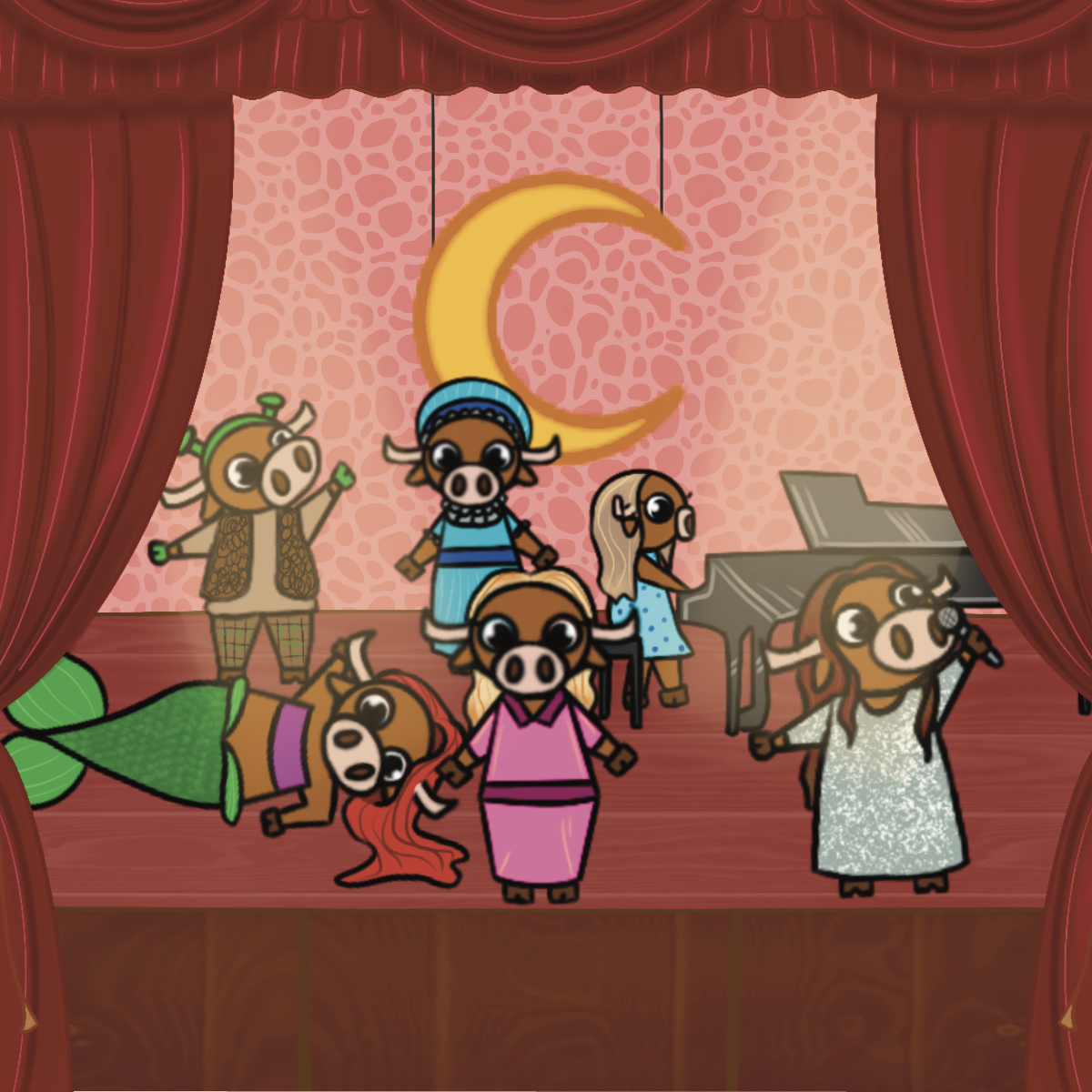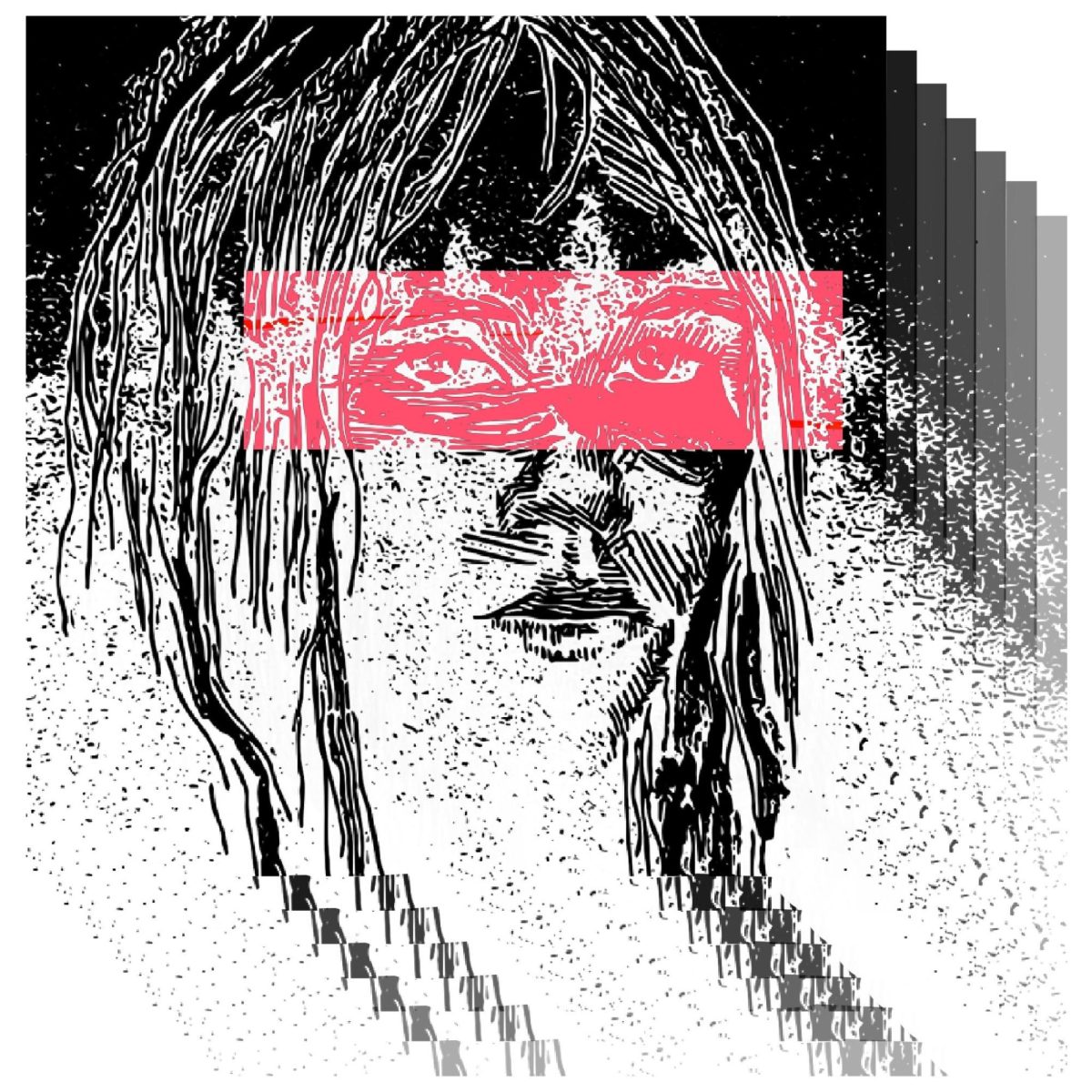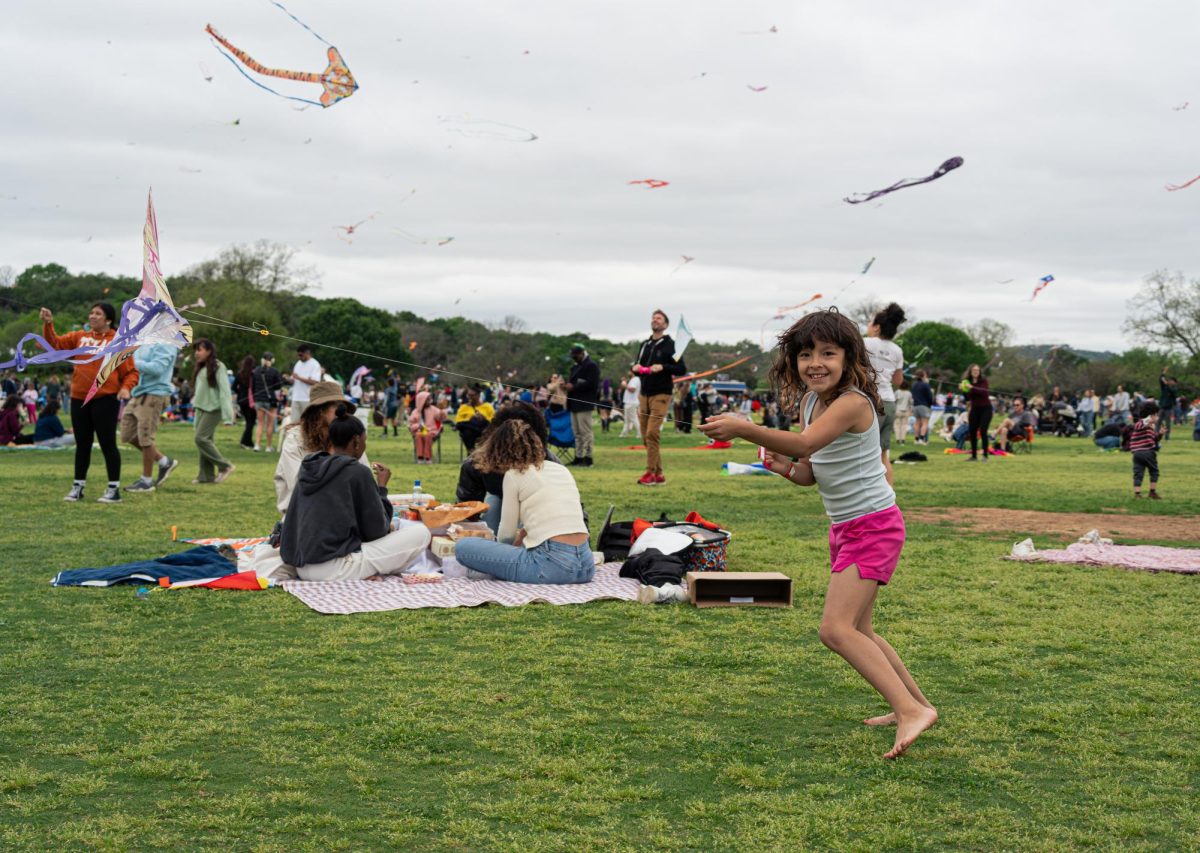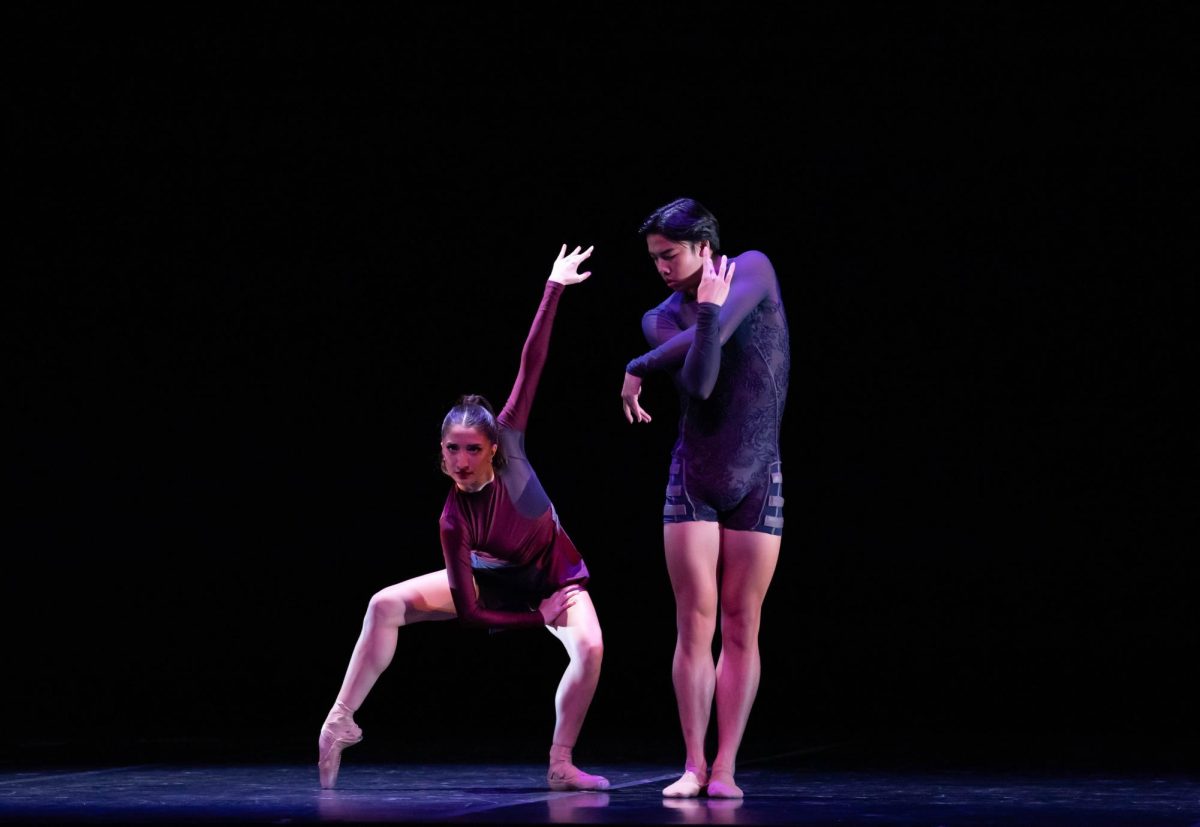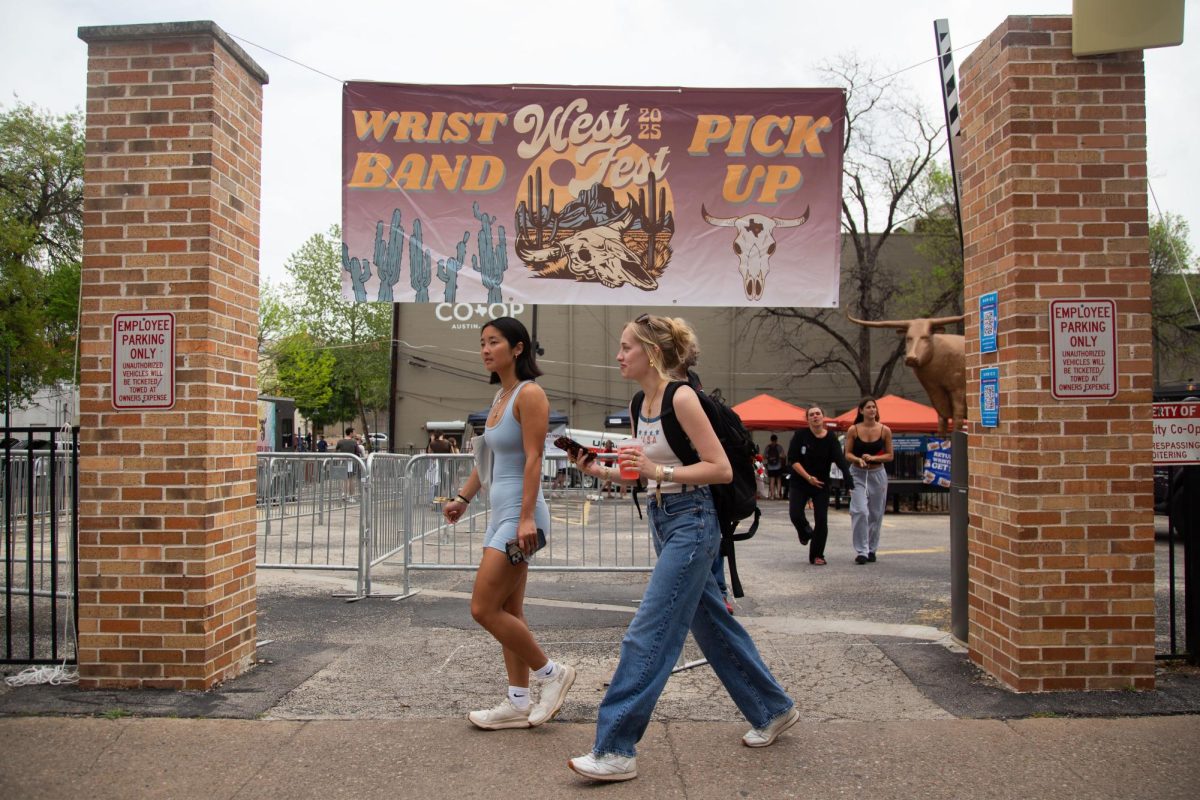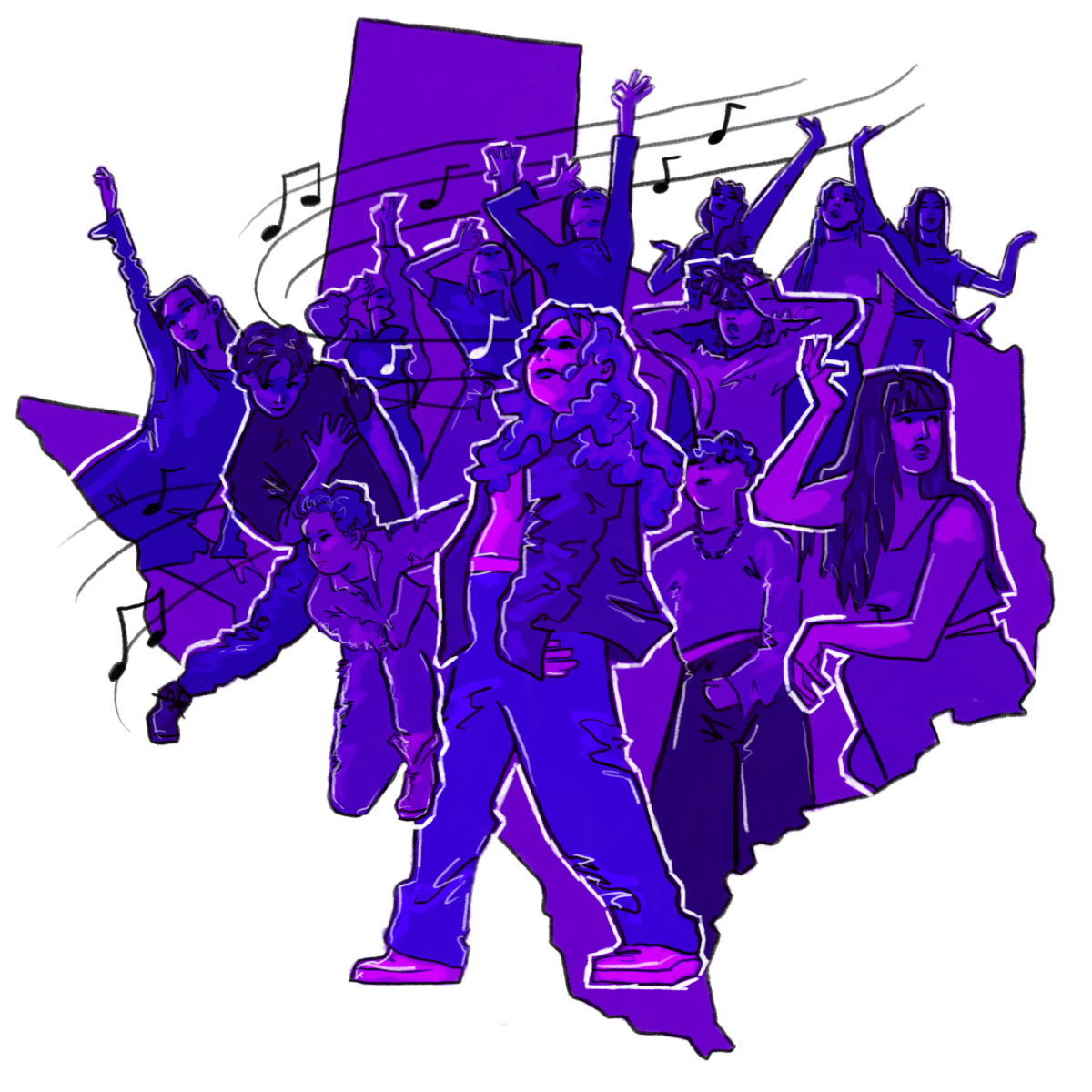Pop music filled the William C. Powers (WCP) auditorium, and the stage transformed into a runway as models with disabilities made their way to the front of the stage to pose for a cheering audience.
The UT Runway Of Dreams club held an adaptive fashion show on April 9 showcasing models with disabilities wearing button down shirts with hidden magnets, shoes with wrap around zips and polos with hook and loop closures. UT houses a University division of Runway Of Dreams, a non-profit that works with the fashion and beauty industry to raise awareness for the inclusion of people with disabilities as consumers, said Mindy Scheier, Runway of Dreams Foundation CEO and founder.
“Adaptive fashion, by definition, is clothing, accessories and footwear that is created to make it easier for people with disabilities and those that struggle with being able to dress themselves independently,” Mindy said.
As each model made their entrance on the runway, Runway of Dreams co-presidents Stella Scheier, informatics senior and Mindy’s daughter, and Jillian Laconti, textiles and apparel senior, gave introductions that included each model’s interests and passions.
“It’s important to highlight that people with disabilities are people also … They’re more than just a person with a disability,” Stella said. “We wanted to create a 360 picture of that rather than just focusing on the disability.”
Stella said seeing the way the models lit up on the runway made for her favorite part of the fashion show.
“For most (people with disabilities), they grew up and never thought that people with disabilities would be on a runway because that’s not what society was showing for the past X amount of years,” Stella said.
The Runway of Dreams Foundation includes several university clubs across the nation. Mindy said the foundation believes in the next generation, which motivated the foundation to bring Runway of Dreams to university campuses.
“Our college club programs expand beyond designers or marketers … (to) everything from economics, marketing, PR (and) design,” Mindy said. “It’s an amazing way to have students go out into the world with this knowledge of inclusion of people with disabilities.”
Princess Robinson, a model for the show and Miss Wheelchair Texas 2024, said she wanted to get involved with the show to advocate for people with disabilities. The lack of adaptive fashion makes it hard for people with disabilities to find suitable clothing. Robinson said she struggles putting on shoes and rarely buys jeans because of difficulties with buttoning them up.
“Every person that’s disabled, their way of putting on clothes is different from everybody. Everybody’s not able to pull a t-shirt over their head,” Robinson said. “Some t-shirts need to be made to where they do have velcro on the side and it doesn’t look like it’s velcro.”
Mindy said when her son, who has muscular dystrophy, expressed his desire to wear jeans like everybody else, it opened her eyes to the clothing challenges people with disabilities face and how the problem was bigger than her family.
“The over-a-billion people (in the world) that have a disability, how are they managing their daily lives?” Mindy said. “Clothing is a basic human need. We can’t escape it. You have to be dressed every day, so when you think about it from that perspective … this is a global challenge that needs to be solved.”








